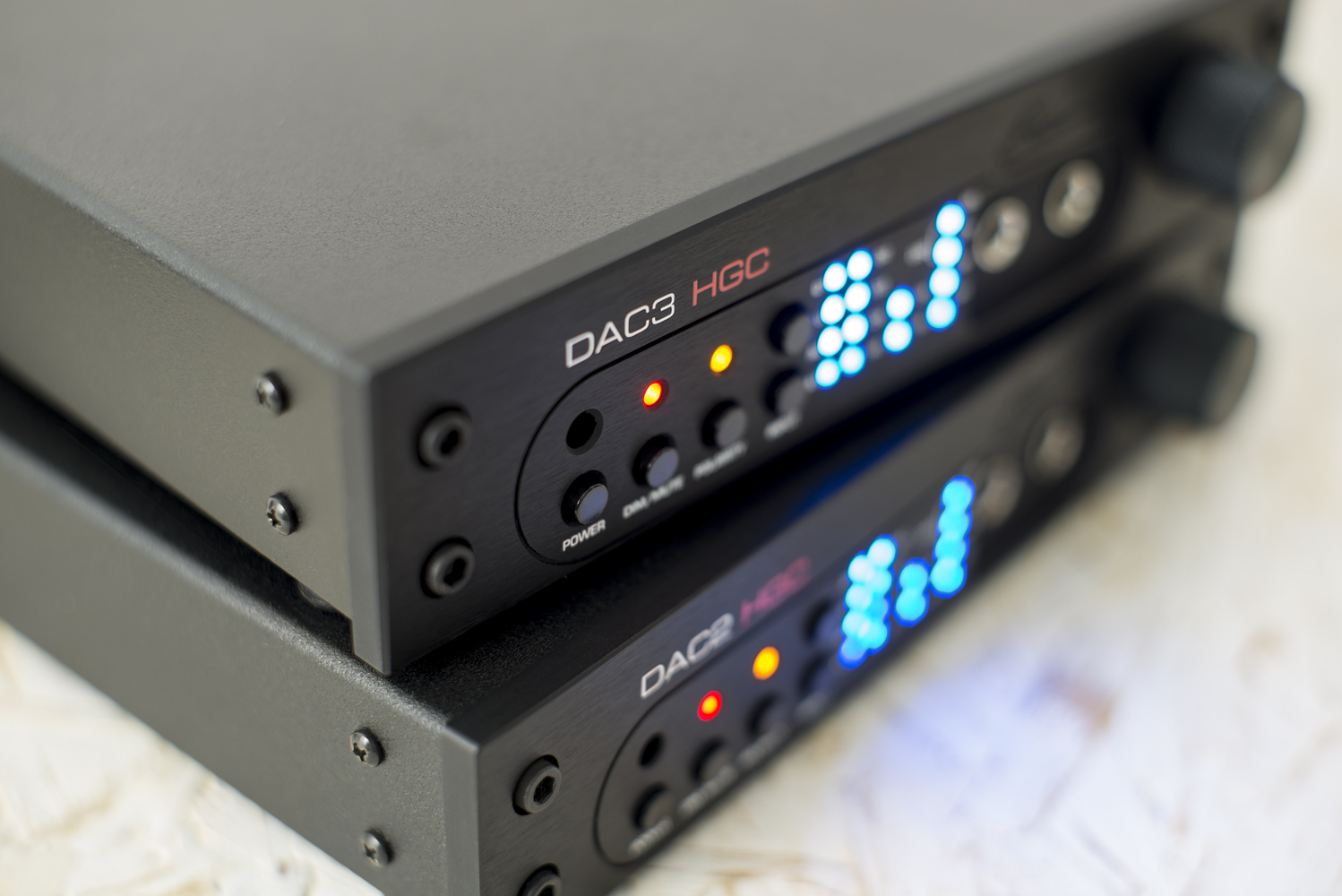darrenyeats
pfm Member
I have sympathy for this line of argument. But I'm still convinced biases are a big problem with sighted listening.Actually, I think the poster was suggesting, somewhat obliquely and not entirely free of snark, that measurement was the only reliable way to determine the height of the tree, and subjective impressions are variable and thus unreliable.
I broadly agree with most of this, but not the conclusion underlined in bold. That isn't the only possibility; a second possibility is that the blind test itself has introduced factors which have effectively dulled its sensitivity. I'll probably get more snark for this, but one such factor is possible (and possibly subliminal) added stress. There's a shift in what is under test, it's quite subtle but it moves away from the device and towards the listener's ability to discriminate. A second possible factor is that you also listen differently under blind conditions. If, when sighted, you listen to the music and whether you enjoy it more with device A or B, that is one type of listening. Blind test listening, however, has people listening for differences, which is a quite different sort of listening.
So the conclusion you draw needs to be highly caveated. Which, to my mind, renders a blind test rather less helpful.
This is why I use a mix of sighted and blind when practical.
I reject the idea that there must be one correct approach that has no significant problems. Who says there must?
Last edited:


